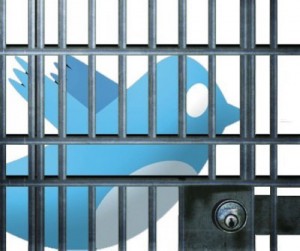Imagine getting ranked for your company performance, and then being fired if you are under a certain performance level among your colleagues. Companies like Yahoo or Microsoft use these methods to manage their human resources, as discussed in this recent Economist article titled “Ranked and Yanked”.
In Comm 101, we learned about how to manage employees to get the best quality work and efficiency from them. The old, general belief is that “intimidation” is the greatest motivator for work; similar to how corporal punishment was used in schools to motivate children to study harder. However, like school systems, businesses have transitioned from “intimidation” to “incentives”.
Providing lots of employee benefits and making their time at work enjoyable and stress-free is the best way to obtain maximum efficiency from employees. By making employees happy and excited to actually be at work, it creates a positive organizational culture, which creates lots of benefits for companies. For example, if your customer relations staff are generally always positive, they’ll respond to customers with an enthusiastic attitude!
However, as the Economist article points out, this “rank and yank” system is mainly used for large firms that hire a plethora of staff and need a way to “filter out” unproductive employees.
Still, I believe that a “rank and yank” system disrupts an organization’s culture, which dramatically harms a business.



